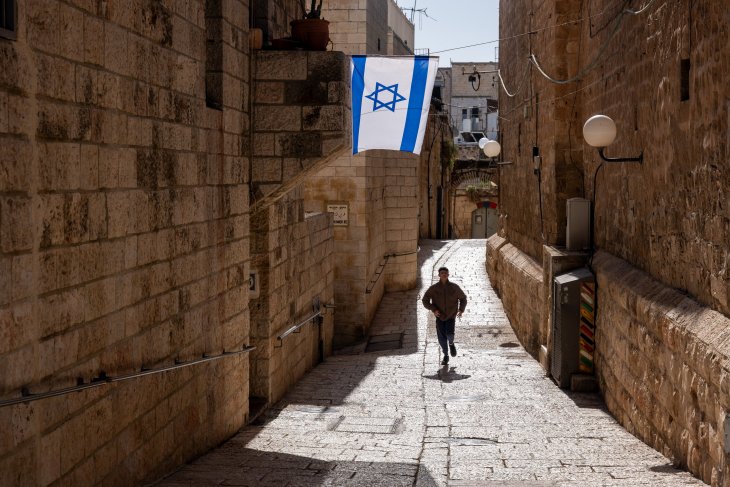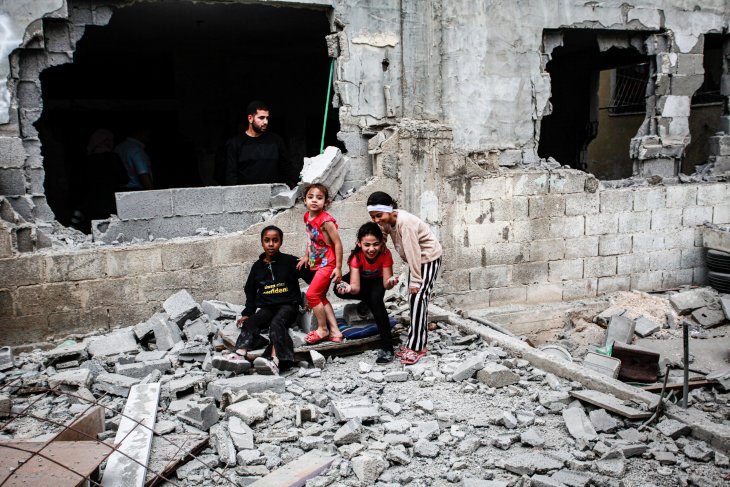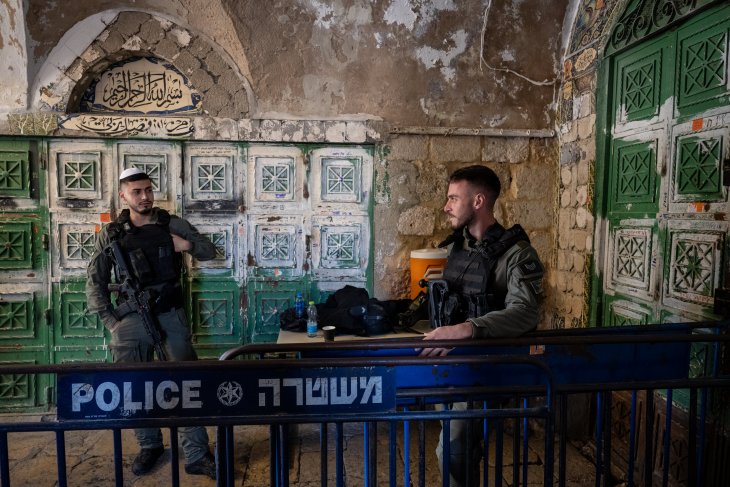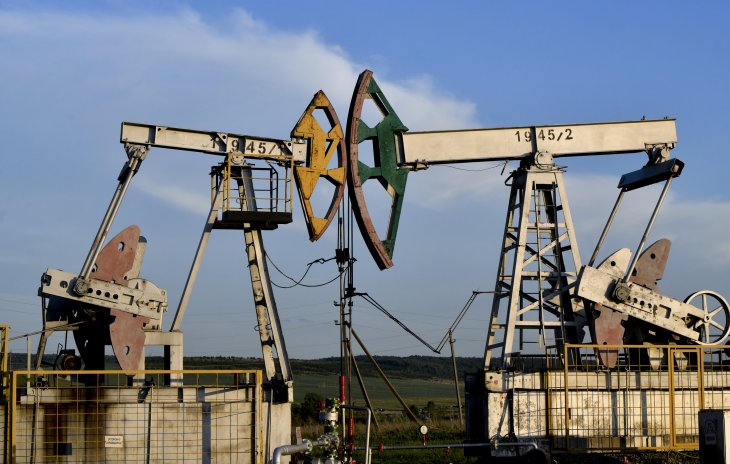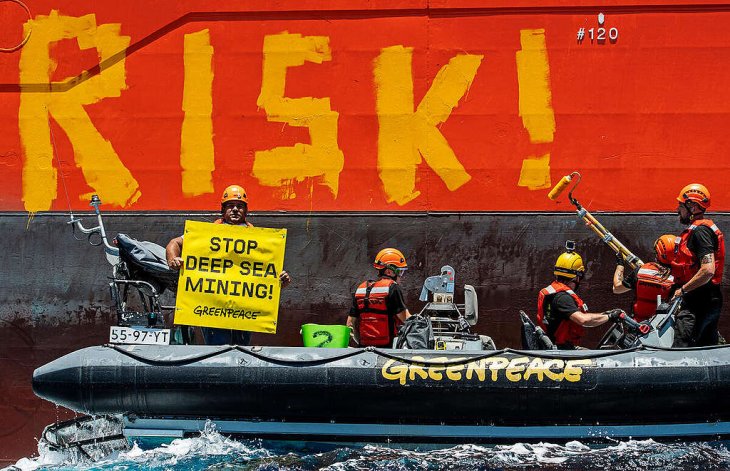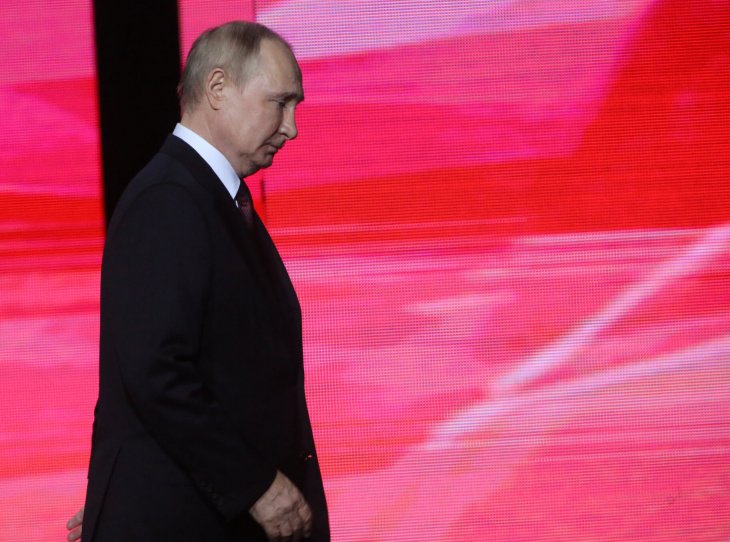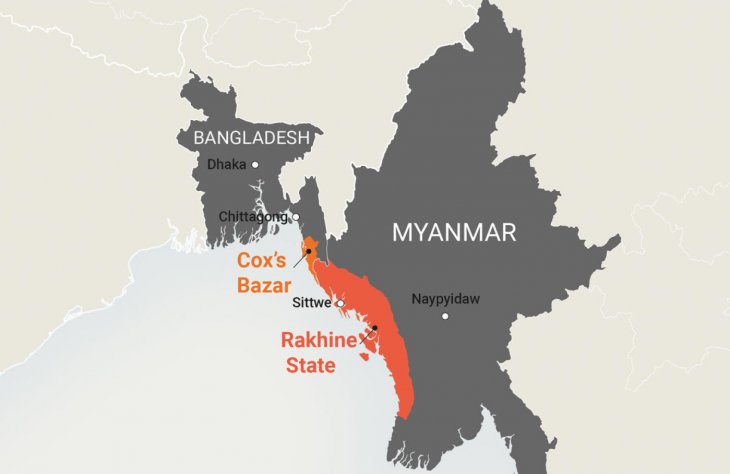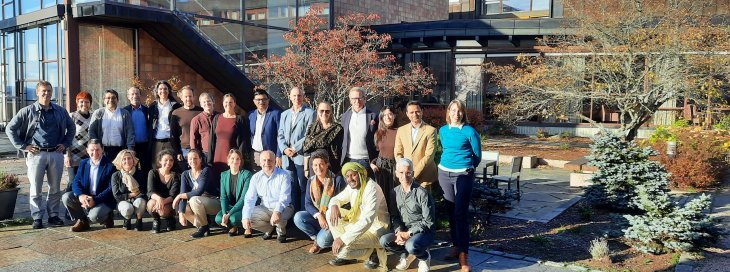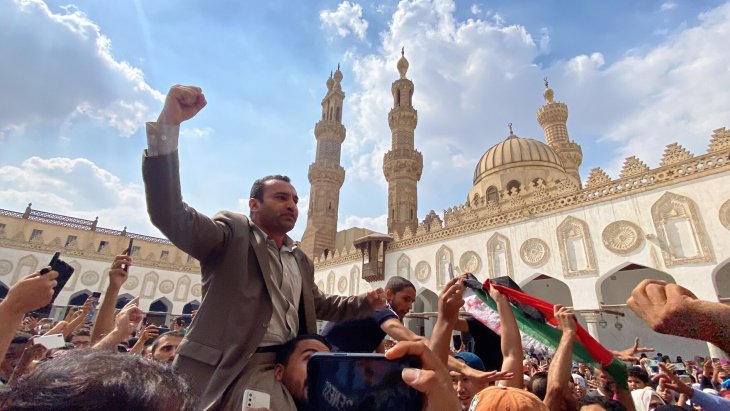Russia’s geopolitical influence is increasingly shrinking in the Baltic Sea region. The most recent episode in the region’s worsening relations with Moscow was the sudden arrival of hundreds of migrants from the Middle East and Africa in November to the busy border crossing between Russia and southeastern Finland (Kommersant, November 30).
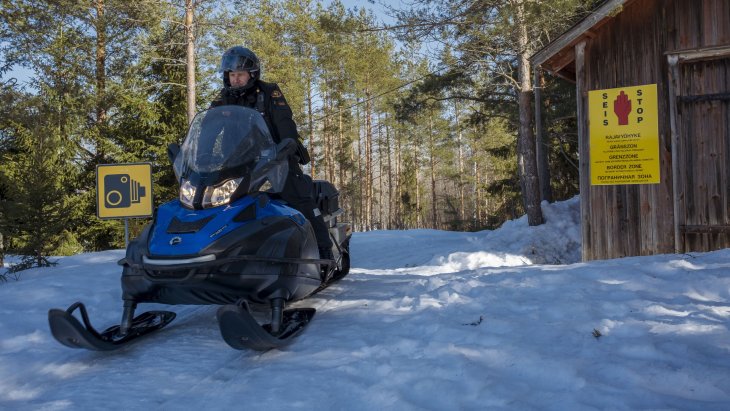
Border patrol guards checking the land border of Vaalimaa, between Finland and Russia, one of the most important land border between the two countries. Photo: Giulio Paletta/UCG/Universal Images Group via Getty Images
The Finnish government responded to the crisis by renouncing the agreement on cross-border cooperation with Russia and closing all border crossings (RBC, November 30).Read More
